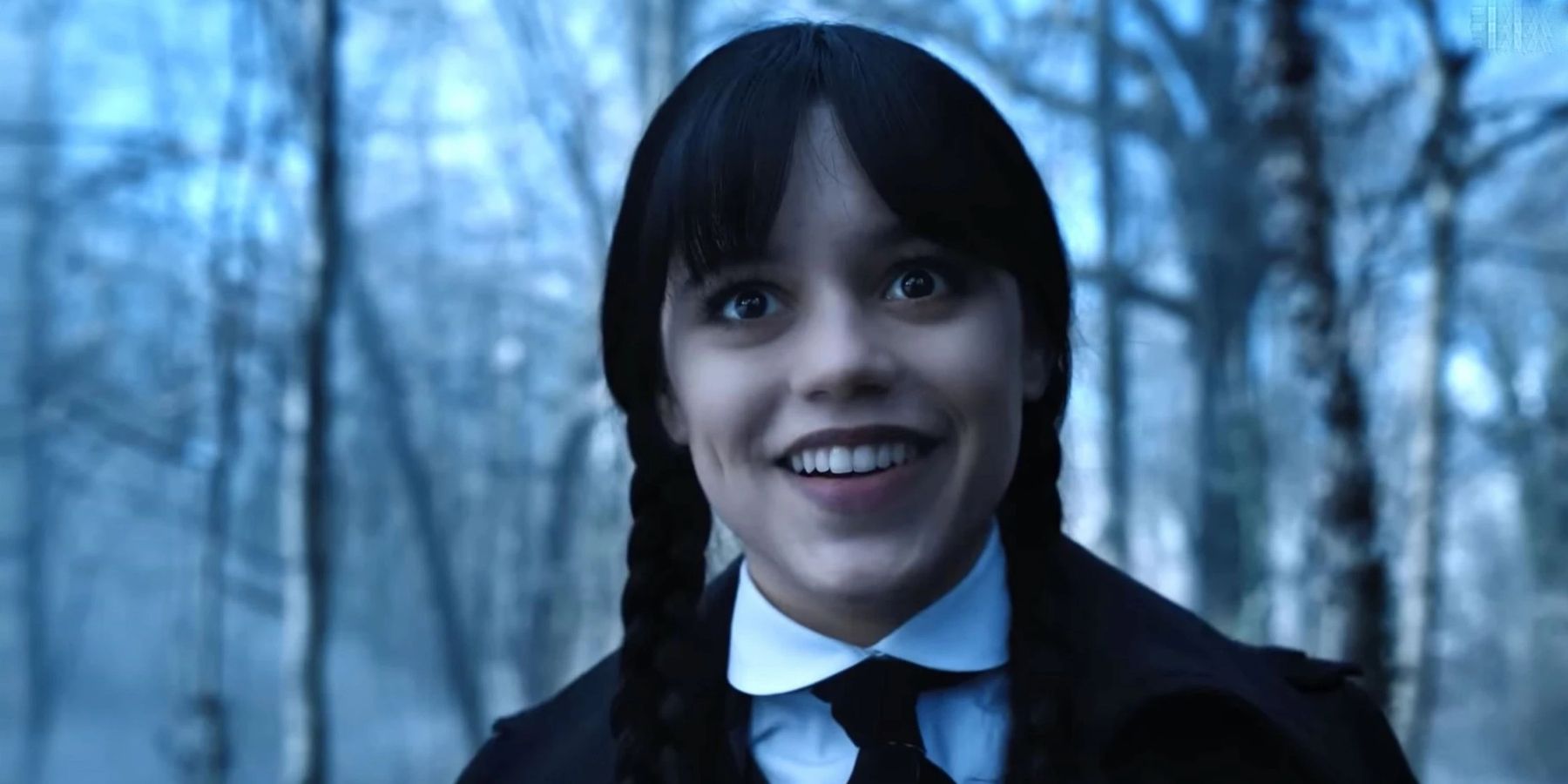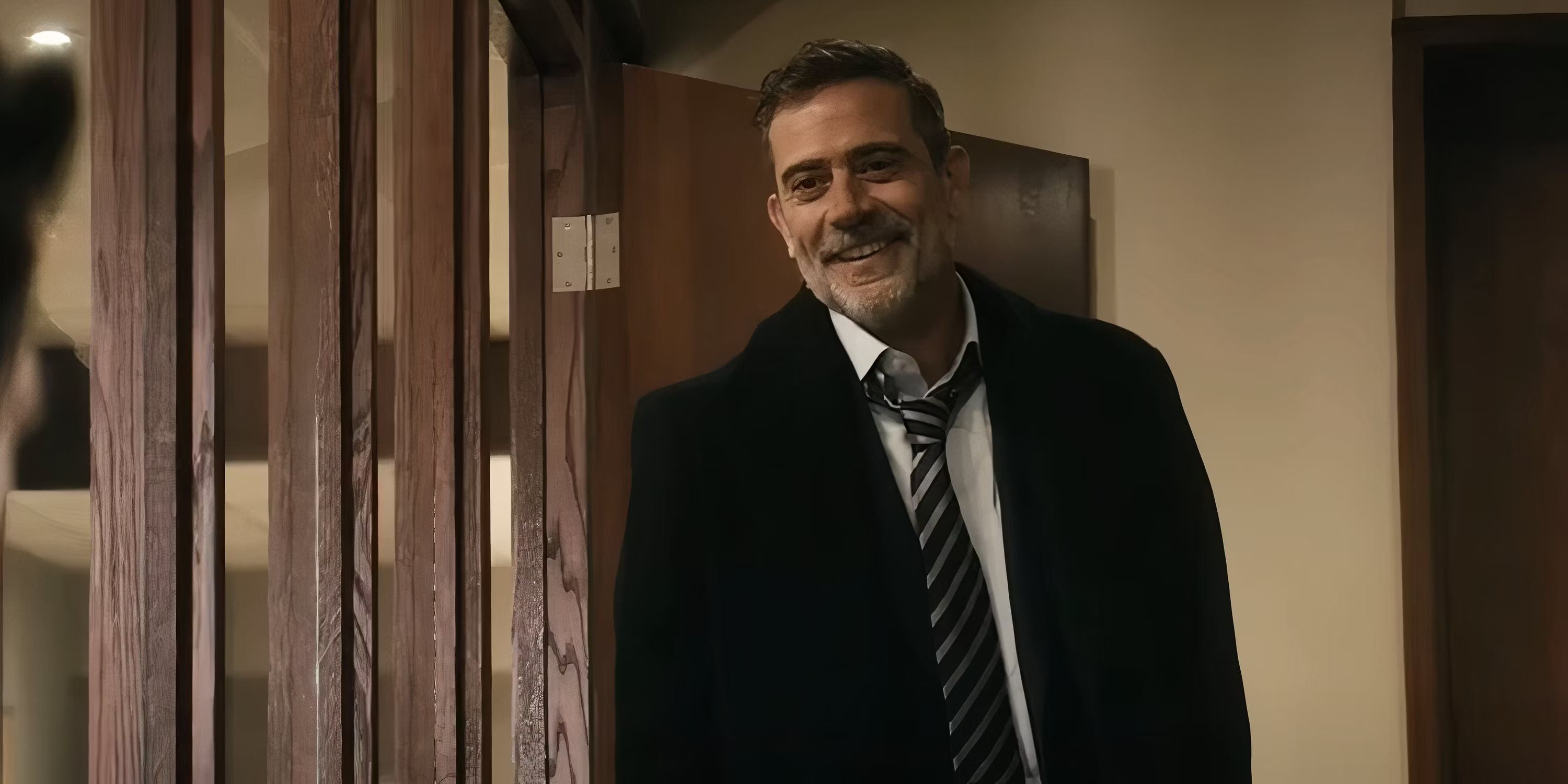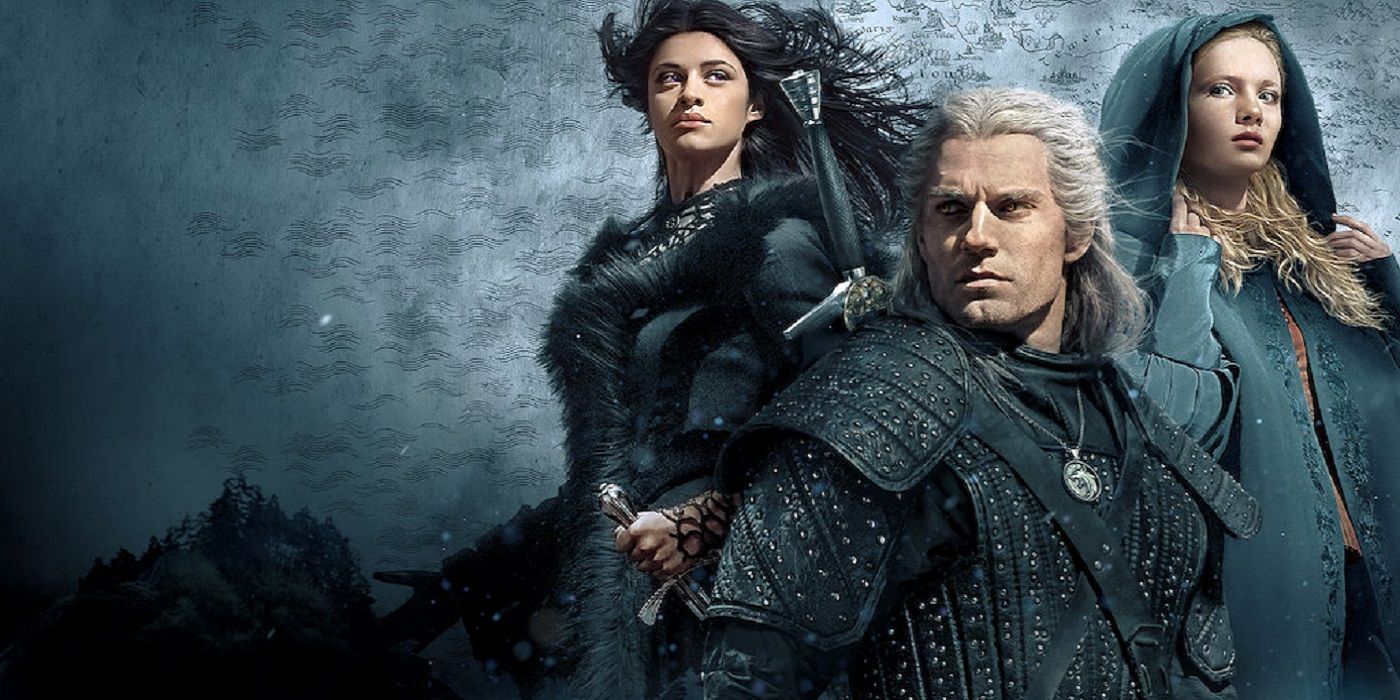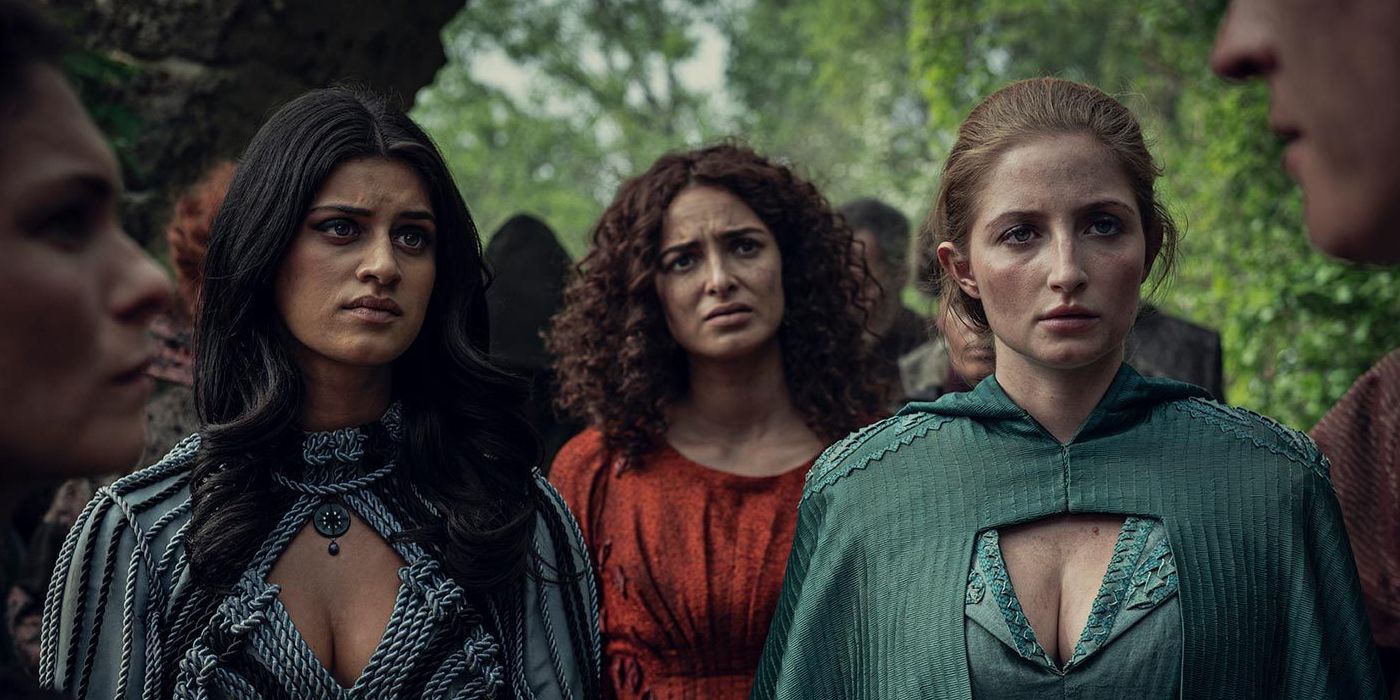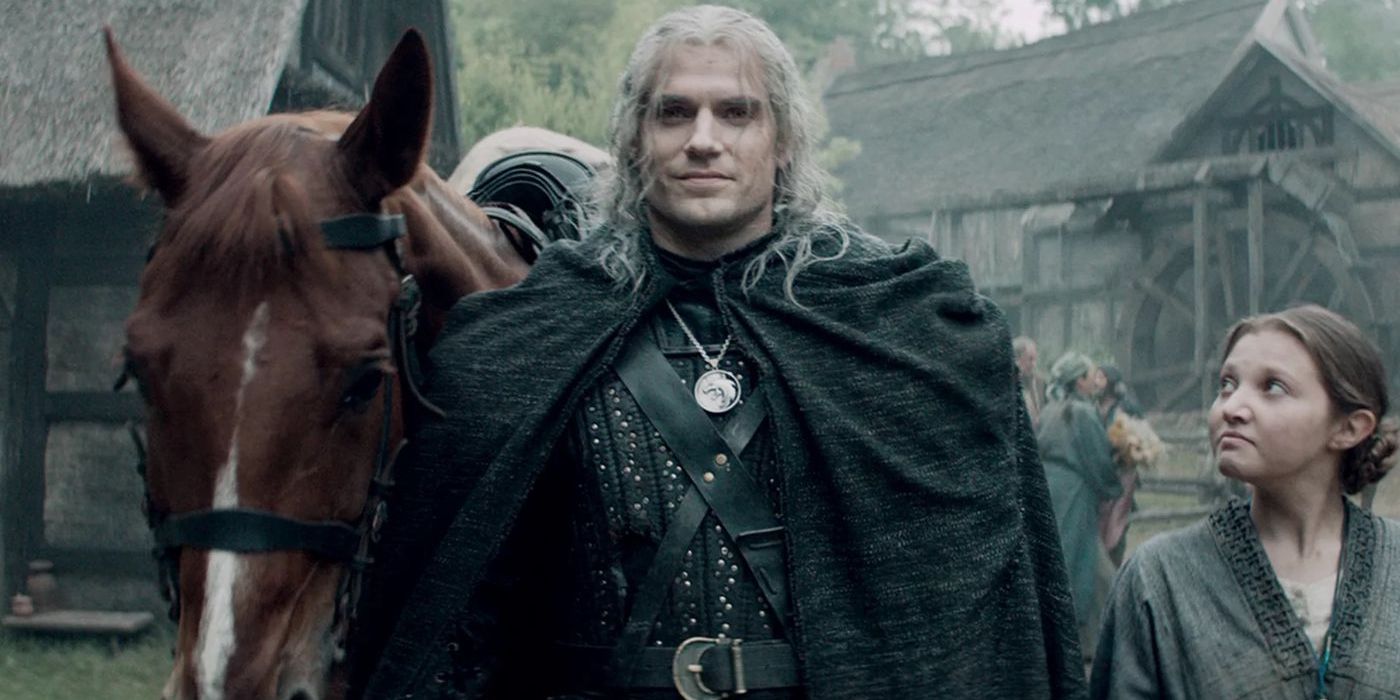Netflix's version of The Witcher takes place in a fantasy world, much like the books and games that preceded it. Fans, therefore, would be forgiven for assuming that the story is pure escapism with no relevance to the real world. According to the showrunner of the Netflix adaptation, however, that couldn't be further from the truth. Lauren Schmidt Hissrich describes how real-life events influence the writing, acting, and overall feeling of the show. Therefore, the world of The Witcher is not just escapism but a true commentary on our society, the good and the bad. Of course, that has its pros and cons, but overall, so far, there seem to be more pros than cons.
The inclusion of realistic problems only adds to the story, making it more grounded. And the more grounded the story is, the richer the fantasy world can be. So far, the world of The Witcher is one that fans can't get enough of. And part of that could be due to how realistic it is. The complexity of the fantasy world exists partially because it draws on real life. Sometimes reality is even stranger than fiction; therefore the best fiction has hints of reality.
Speaking to SyfyWire, the showrunner describes how real-life issues and events truly permeate the world of The Witcher. According to her, fantasy always does this: it allows people to see themselves and the real world more clearly by providing a reflection. Fantasy also always deals with real-life problems. Hissrich says: "The best thing about fantasy is that it's innately political...It's about the real issues that plague our society. We're constantly dealing with racism, homophobia, sexism, misogyny, and classism."
The exploration of these real-life issues is never clearer than in the portrayal of the three main characters of The Witcher: Geralt of Rivia (Henry Cavill), Yennefer of Vengerberg (Anya Chalotra), and Ciri of Cintra (Freya Allan). For example, Geralt is treated with suspicion wherever he goes because he is a Witcher. There is an obvious parallel here between how townsfolk treat Geralt and how real-world society can treat those it doesn't quite understand. Yennefer's struggles to conceive a child after choosing to focus on other things without fully understanding the cost could relate to many working women in the real world. Ciri coming into her power as a young woman is also something many real young people deal with. So, how does this inclusion of real-life issues enrich the story?
Firstly, it makes it easier for the audience to relate to the characters. Whether it's Geralt's struggle to be accepted, Yennefer's desire to have it all, or Ciri coming to understand her own abilities, the elements of real-world issues that are part of The Witcher make it easier for fans to understand the characters. The real-world problems being part of this fantasy world also make it an even more emotional experience for fans. Viewers are on the edge of their seat, watching as Geralt seemingly has no choice but to kill Renfri. Except, did he make the wrong decision? Choices and their effects on people's lives are also a real-life issue, though not quite as intense as those that Hissrich mentioned.
For the more intense issues like racism, homophobia, sexism, and classism, their presence in the story's DNA enriches it as well. If Geralt weren't treated so badly by his society, it wouldn't be quite so striking when people treat him kindly. If Yennefer hadn't been mistreated all her life, her rise to power wouldn't be quite as compelling. The fact that Ciri is dealing with the overly aggressive Nilfgaardians only makes fans root for her all the more. Their experiences shape Geralt, Yennefer, and Ciri; they wouldn't be the same people without the prejudice they've experienced. Basically, these intense issues being part of the story make the characters and the world even more intriguing for people watching.
A fantasy world like that of The Witcher can be a safe place to deal with difficult topics. It can allow people the space to talk about things they might otherwise ignore due to how hard they are to deal with. The Witcher mentioning these topics is also good for those watching. Though of course, some might disagree, others would feel that the show would be less realistic and therefore less interesting without these topics. Those who enjoy these topics would argue that the more realistic a story is, the better it is. And a story couldn't be fully realistic without including how people can sometimes treat each other.
Some, however, might argue that fantasy is better off staying away from controversial topics like the ones Hissrich names in her interview. And that does make sense. Everyone needs pure escapism at times. And to escape into a fantasy world only to find the same problems as the real one can be disconcerting. Also, some people would prefer not to think about such difficult things when appreciating a good story. In the end, what matters is that fans enjoy The Witcher for what it is: a wonderful fantasy.


